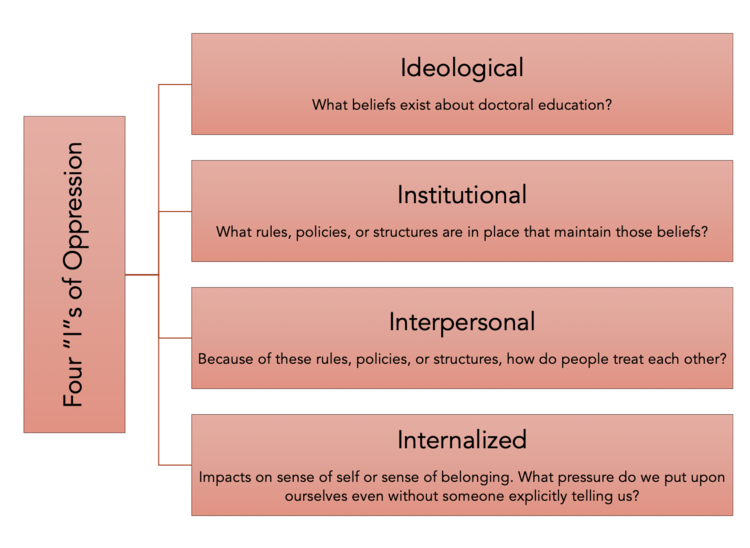Reflection: When looking at this chart from Alfie Kohn I get a good understanding on a classroom environment. There is loads of things I agree with but others that I sometimes come to question as to why that wouldn't be allowed in a classroom, or why that is bad for students or learners. I understand how most of the things that are not allowed are proposed, but most just doesn't seem to hurt the learners, if anything I think it would help the learners stay on task and reward themselves. In the video provided they talk mainly about culture and how peoples opinions should be very much reviewed upon. They are important when creating a successful culture and society.
Argument/Extended comments: I completely agree with what was said for the "good signs" column, the "possible reasons to worry section" had me question this chart just a little bit. To start off with "awards, trophies, and trophies presented." When thinking about trophies and accomplishments I think it is quite fair to show them off in the classroom. My basketball team won the state championship my Junior year and he had the trophy in his room and still does. I just would question as to why a trophy or accomplishment shouldn't be presented, and why it is a questionable sign to a bad classroom environment. Another one I start to question was the "list of rules." In many of my classes we make classroom norms in order to make some rules for our classroom so people stay on task. They normally hang them up in the classroom and when someone breaks one they can be reminded of the rules that were agreed upon. With this, I understand it gets people in trouble but at the end of the day it is rules and there are expectations in classrooms, why not remind them of the rules rather than just yelling at them and sending them to the principals. On the other hand, I completely agree with everything that is in the good signs section, they are all presented to help the learners succeed and give them good advice.
https://thehighlyeffectiveteacher.com/the-importance-of-the-classroom-environment/



